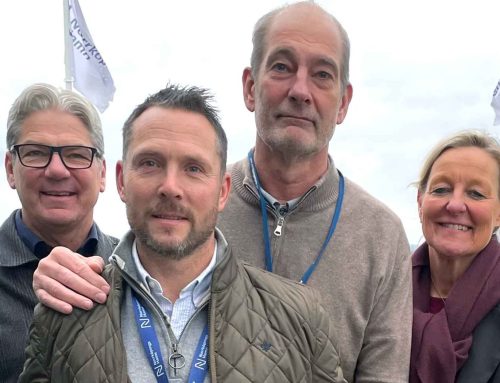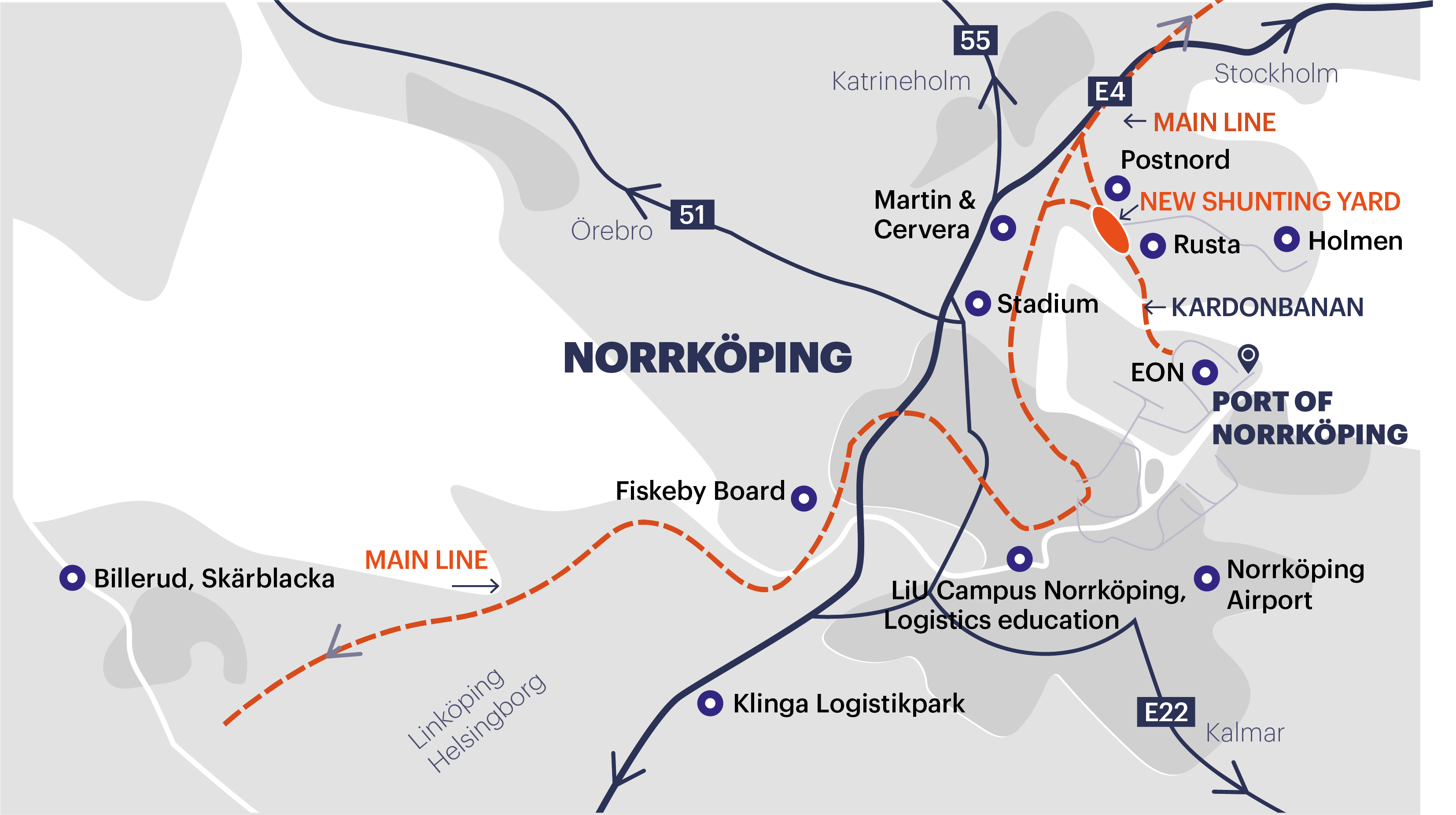
2025-07-02
By Rickard Enström, Chief Strategist
Trade is continuously evolving – today, global trade is in the midst of, and facing, a turbulent period marked by the impacts of conflicts, climate change, geopolitics, and an unpredictable global political landscape. This not only places demands on ports but also presents opportunities for them to more clearly demonstrate their vital role in the machinery of society.
In my role at the Swedish Transport Administration , I see clearly how the role of ports is absolutely crucial for Sweden Inc. This primarily relates to the mobility of individuals and goods for both civilian and military use. Continuously developing the port to serve as an efficient – and increasingly sustainable – lubricant in the complex societal apparatus is therefore essential. Essential for the port itself, for the surrounding area, and, in many cases, for a much broader geographical region.
A more efficient port, all else being equal, allows businesses to become more competitive in a larger market. As they become more competitive, sales and production increase – and more goods need to be transported. Increased port efficiency thus directly feeds back as a positive effect for the port in the form of increased quay volumes.
For Swedish ports to meet international competition, investments in robust and resilient infrastructure and technology are necessary. The Port of Norrköping has made significant efforts in this regard, not least through the expansion of the new port area at Pampu. With deeper quays, modern container cranes, and greater capacity, the port can receive larger vessels – strengthening not only the region but all of Sweden.
The Port of Norrköping has long proven to be a force to be reckoned with and, in many respects, is at the forefront in terms of sustainability. As one of Sweden’s largest ports and a hub for multimodal logistics, the port has continually evolved to meet the challenges of the future. Here, we see forward-thinking – and perhaps most importantly – an ambition to combine competitiveness with environmental responsibility to stay ahead. Today, the Port of Norrköping works broadly with sustainability issues, including electrification of port operations, and the implementation of smart technology. To meet Sweden’s ambitious targets for the transport sector, more ports need to follow Norrköping’s lead – but the Port of Norrköping must, of course, continue to develop in this area – for increased customer value, societal value, and self-benefit. Achieving this requires determination and courage. Courage to invest in new technology, courage to put the environment in focus, and courage to think long-term.
What is crucial now is not to rest on the laurels of past achievements, but to follow classical Japanese production philosophy and fully embrace a Kaizen-inspired approach. Continuous improvement is necessary to maintain and develop competitiveness – to continue serving as the vital lubricant in the complex machinery of society.
Rickard Enström, Chief Strategist
The Swedish Transport Administration







